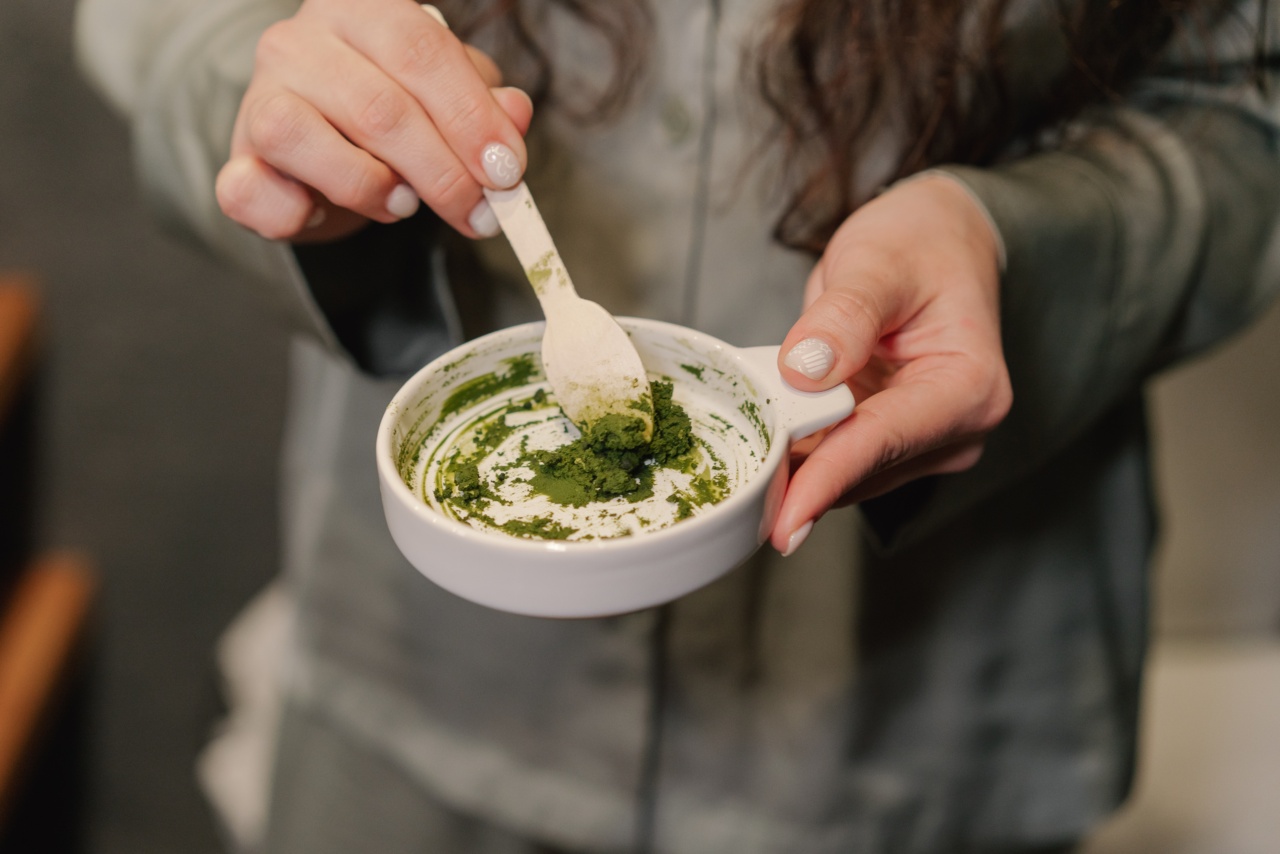Bile is a yellowish-green fluid that is produced by the liver and stored in the gallbladder. It plays a crucial role in digestion by breaking down fats and aiding in the absorption of fat-soluble vitamins.
However, some individuals may experience bile problems that can lead to discomfort and digestive issues. Fortunately, optimizing nutrition can help overcome bile problems and promote a healthy digestive system.
The Importance of Bile
Bile serves multiple functions in the digestive process. Primarily, it acts as a detergent, breaking down fats into smaller particles known as micelles.
This process, called emulsification, creates an optimal environment for fat digestion by pancreatic enzymes known as lipases.
In addition to aiding fat digestion, bile also plays a role in the absorption of fat-soluble vitamins, such as vitamins A, D, E, and K. Without adequate bile production, the absorption of these essential nutrients can be compromised.
Common Bile Problems
Several factors can contribute to bile problems, including gallstones, biliary dyskinesia, and reduced bile flow. Gallstones are hardened deposits that form in the gallbladder and can obstruct the bile ducts, leading to painful symptoms.
Biliary dyskinesia involves abnormal gallbladder or bile duct function, leading to inefficient bile release. Reduced bile flow can occur due to liver disorders, inflammation, or blockages.
Symptoms of Bile Problems
Individuals experiencing bile problems may present with various symptoms, including:.
- Abdominal pain
- Nausea and vomiting
- Indigestion and bloating
- Diarrhea or loose stools
- Greasy or floating stools
- Unexplained weight loss
If you are experiencing any of these symptoms, it is essential to consult with a healthcare professional for proper diagnosis and treatment.
Optimal Nutrition for Overcoming Bile Problems
While medical intervention may be necessary for severe bile problems, optimizing your nutrition can play a significant role in managing and improving bile flow.
The following dietary recommendations can help support your digestive system and promote bile production:.
1. Increase Fiber Intake
A high-fiber diet can help regulate bowel movements and promote healthy digestion. Fiber-rich foods, such as fruits, vegetables, whole grains, and legumes, can prevent constipation and promote regular bile flow.
2. Consume Healthy Fats
Although it may seem contradictory, consuming healthy fats can actually stimulate bile production. Include sources of healthy fats in your diet, such as avocados, nuts, seeds, olive oil, and fatty fish like salmon.
3. Stay Hydrated
Adequate hydration is crucial for optimal digestion and bile production. Aim to drink at least 8 cups (64 ounces) of water per day to ensure proper fluid balance in your body.
4. Limit Fried and Processed Foods
Fried and processed foods are often high in unhealthy fats and can lead to gallbladder issues. Limit your intake of these foods to support your digestive system and promote better bile flow.
5. Include Digestive Herbs and Spices
Some herbs and spices have been found to promote bile production and aid in digestion. Consider adding ginger, turmeric, dandelion root, peppermint, or artichoke to your meals or enjoying them as herbal teas.
6. Eat Small, Frequent Meals
Large meals can put stress on the gallbladder and disrupt bile flow. Opt for smaller, more frequent meals to support your digestive system and prevent excessive strain on the gallbladder.
7. Manage Stress
Chronic stress can negatively impact digestion and bile production. Incorporate stress management techniques into your daily routine, such as meditation, deep breathing exercises, yoga, or engaging in relaxing activities.
8. Consider Supplemental Support
In some cases, supplements may be beneficial in supporting bile production and overall digestive health. Consult with a healthcare professional before starting any supplements, as individual needs may vary.
9. Maintain a Healthy Weight
Having excess weight can increase the risk of developing gallstones and other bile-related issues. Maintain a healthy weight through a balanced diet and regular physical activity to support your overall digestive health.
10. Consult with a Healthcare Professional
If you are experiencing persistent bile problems, it is essential to consult with a healthcare professional. They can provide a comprehensive evaluation, diagnose any underlying conditions, and recommend appropriate treatment options.
Conclusion
Bile problems can have a significant impact on digestion and overall well-being.
By incorporating optimal nutrition practices, such as increasing fiber intake, consuming healthy fats, staying hydrated, and managing stress, individuals can overcome bile problems and promote a healthy digestive system. Remember to consult with a healthcare professional for proper diagnosis and personalized recommendations.































